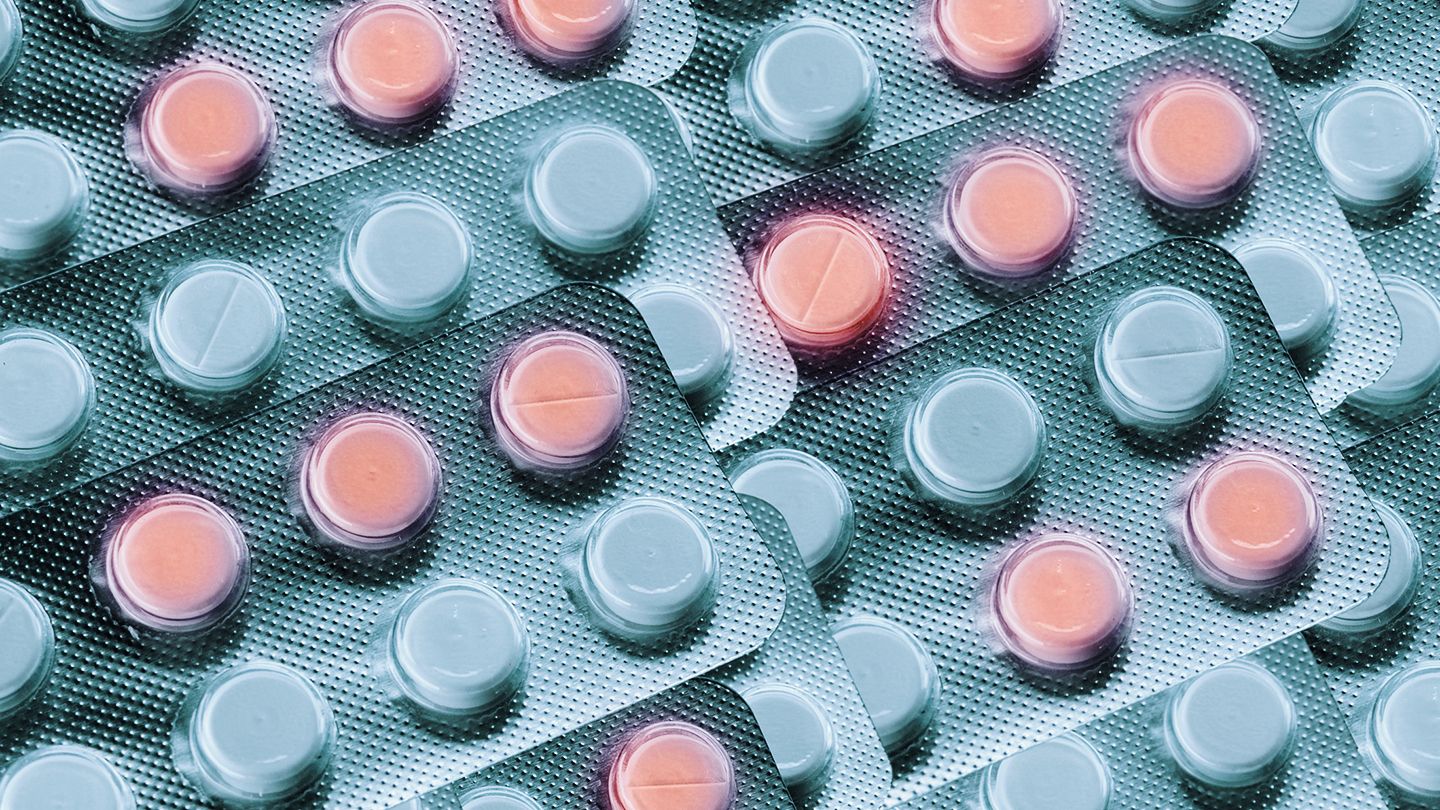Hormone Replacement Therapy (HRT) is often hailed as a lifeline for individuals grappling with the symptoms of menopause or other hormonal imbalances. While the therapy offers significant benefits—like alleviating hot flashes, mood swings, and bone density loss—some individuals report feeling emotionally low or even depressed after starting HRT. If you’re wondering, “Can HRT cause depression?”, this comprehensive guide sheds light on this pressing concern. With insights from medical experts, we’ll delve into why this happens, what you can do, and how to make HRT work effectively for you.
Understanding HRT and Its Impact on Mood
Hormone Replacement Therapy involves supplementing the body with hormones like estrogen, progesterone, or testosterone to alleviate hormonal deficiencies. While most individuals experience improved emotional well-being, a small percentage may develop or worsen depressive symptoms. This paradox raises an important question: can HRT cause depression?
How HRT Affects the Brain
Hormones significantly influence brain chemistry, particularly neurotransmitters like serotonin and dopamine that regulate mood. Introducing external hormones through HRT can disrupt the delicate hormonal balance, potentially triggering emotional instability in some individuals.
Why Does Depression Occur After HRT?
1. Hormonal Fluctuations
Initial stages of HRT may cause fluctuating hormone levels, akin to a rollercoaster ride for your body. These rapid changes can affect the hypothalamus and limbic system, areas of the brain responsible for mood regulation.
2. Pre-existing Conditions
For individuals with a history of depression or anxiety, the introduction of HRT might amplify underlying mental health challenges. If your mental health is already compromised, your body may struggle to adapt to new hormonal levels.
3. Individual Sensitivity
Some individuals are more sensitive to specific types of hormones. For instance, synthetic progesterone (progestins) in certain HRT formulations has been linked to mood disturbances in susceptible individuals.
4. Imbalanced Dosages
HRT is not one-size-fits-all. Incorrect dosages can exacerbate symptoms like irritability, anxiety, or depression. Personalized treatment is essential to avoid such complications.
Signs of Depression After Starting HRT
If you’ve started HRT and feel persistently low, watch for these signs:
-
Chronic fatigue: Feeling drained despite adequate rest.
-
Irritability: Losing patience over minor inconveniences.
-
Hopelessness: A pervasive sense of sadness or pessimism.
-
Sleep disturbances: Insomnia or oversleeping.
-
Changes in appetite: Overeating or losing interest in food.
If these symptoms persist for more than two weeks, consult a healthcare professional.
What to Do if You Experience Depression After HRT
1. Consult Your Doctor
The first step is to discuss your symptoms with your healthcare provider. They may adjust your HRT dosage, switch to a different hormone type, or explore alternative treatments.
2. Evaluate Hormone Types
If synthetic hormones are causing issues, bioidentical hormones might be a better fit. Derived from natural sources, bioidentical hormones are chemically identical to those produced by your body, reducing the risk of mood-related side effects.
3. Incorporate Lifestyle Changes
Small lifestyle tweaks can have a profound impact on your emotional well-being:
-
Exercise regularly: Physical activity boosts serotonin and endorphins.
-
Healthy diet: A balanced diet rich in omega-3 fatty acids and B vitamins supports brain health.
-
Stress management: Techniques like yoga, meditation, and deep breathing can alleviate stress-induced mood swings.
4. Seek Psychological Support
Working with a therapist or counselor can help you process emotions and develop coping strategies. Cognitive Behavioral Therapy (CBT) is particularly effective in addressing depressive symptoms.
Alternatives to HRT for Managing Hormonal Imbalances
If HRT doesn’t suit you or exacerbates your depression, there are alternative approaches to consider:
1. Natural Remedies
Herbal supplements like black cohosh and red clover have shown promise in managing menopausal symptoms. However, consult your doctor before starting any supplement.
2. Non-Hormonal Medications
Certain antidepressants, such as selective serotonin reuptake inhibitors (SSRIs), can alleviate both depressive symptoms and hot flashes.
3. Acupuncture
This ancient Chinese therapy has been found to balance hormonal levels and improve mood in some individuals.
Preventing Depression Before Starting HRT
1. Get a Comprehensive Health Check
Before starting HRT, a thorough evaluation of your physical and mental health can identify potential risks. Blood tests can assess your baseline hormone levels, while a mental health screening can uncover any predisposing factors for depression.
2. Choose the Right Provider
Work with a healthcare provider experienced in HRT to ensure personalized treatment. They can fine-tune your therapy plan based on your unique hormonal needs.
3. Monitor Your Progress
Regular follow-ups with your doctor are essential to track your response to HRT. This helps in identifying and resolving issues early.
FAQs About HRT and Depression
Can HRT Cause Depression?
Yes, while uncommon, HRT can cause or worsen depression in some individuals due to hormonal imbalances, incorrect dosages, or sensitivity to certain hormones.
Is Depression a Common Side Effect of HRT?
Depression is not a common side effect, but it can occur. Most individuals experience improved mood and well-being with HRT.
How Long Does It Take for Mood to Stabilize on HRT?
Mood stabilization typically occurs within a few weeks to months as the body adjusts to new hormone levels. If symptoms persist, seek medical advice.
Conclusion: Navigating HRT and Mental Health
Hormone Replacement Therapy is a powerful tool for managing hormonal imbalances, but it’s not without challenges. If you’ve asked yourself, “Can HRT cause depression?”, rest assured that solutions exist. By understanding the underlying causes, seeking expert advice, and embracing holistic approaches, you can optimize your HRT experience. Remember, your mental health is just as important as your physical well-being, and with the right support, you can regain balance and thrive.
Author: Enfiled Royal
SEO Speciallist



